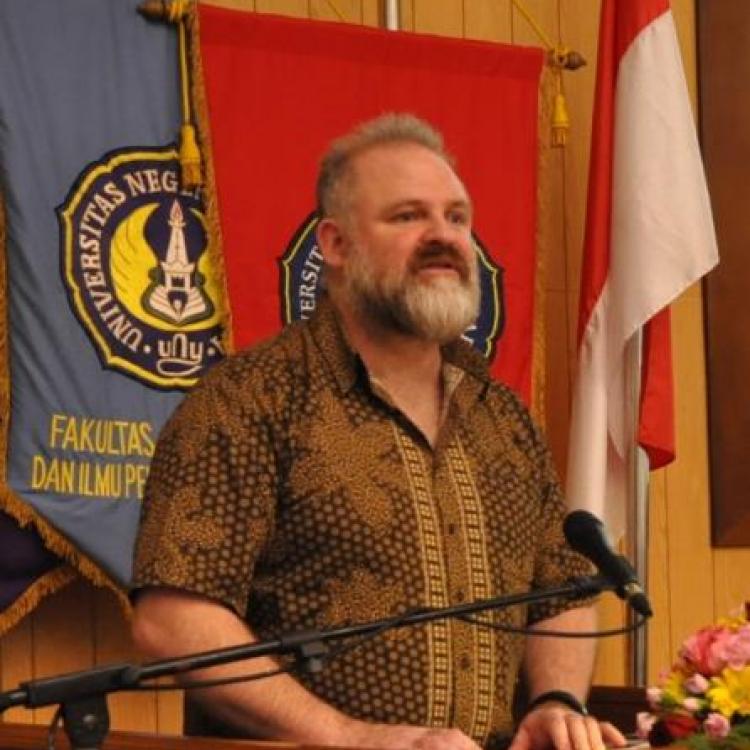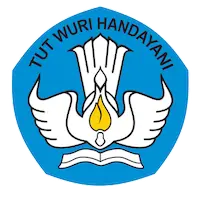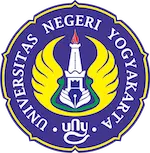Education is considered to be a source of great hope around the world - for parents, students, educators, communities and nations. As an institution it holds great promises - the end of poverty and inequality, violence, an enlightened populace, social mobility - a means to achieve success and aspiration. For teachers, in schools and universities it is a means of passing on our own experiences of self cultivation, of personal growth and various ideals of social justice. For us as researchers it is an enriching field that presents us with the opportunity to make a difference.
In many ways education looks like it always has - we have childcare centres, primary and secondary schools, colleges of tertiary education and universities, we have teachers and students, classrooms and playgrounds, lecturers and lecture halls - but in the last two decades particularly, there has been significant political and social change across the globe, radically recasting this institution and the ideals, visions and aspirations within which it is nested. Those changes are expressed in our personal lives, our families and communities, the nation-state and in the global context.
One of the clear distinctions in education is between developed and developing nations. In Australia, for example, formal education has become increasingly structured and young Australians increasingly educated and institutionalised through their schooling experiences. As a young man in Australia in the 1970s the expectation of completing secondary school to its final year was a relatively new idea. I didn’t make it, but now it is an expectation that the majority of young Australians will achieve some form of final year assessment before, more than likely, moving on to some form of tertiary education. In developing nations, these kinds of changes are also occurring but the basic challenges of literacy, elementary schooling and increasingly girls and women’s, and other axes of difference such as, rural participation remain predominant. At the same time developing and developed nations are both facing the increasing influences of globalisation, sharing similar challenges but also very different ones.
We expect education to improve our lives - for science and technology to contribute to overcoming the tensions between nature and culture, and to cultivate material culture. The humanities and arts hold the promise of cultivating our moralities and enhancing social progress and cultural tolerance. The faith in education is scaffolded by the belief that it can reduce human suffering, social injustice and improve national efficiency, that equality can be achieved irrespective of social location, gender, ethnicity.
But can education really achieve this? Is education the instrument or the medium? I will address these two questions in the rest of this article.
For certain, despite the profound recasting of education systems, and their constitutive parts - pedagogies, curriculum, assessment, and teacher training, inequalities and humans suffering persist. In the context of material culture while we have achieved much in the fields of technology, engineering, medicine or public health we have also generated a world where it is increasingly evident that we have unleashed that which we are increasingly unable to control. Education has given us the means to create global environmental and human dilemmas that are potentially beyond the ability of individuals, communities and our social and political institutions to harness. Yet it is only through education that we can find a means to bring these challenges to democratic account.
It is here that education becomes far more than a medium for personal improvement and or national development, an instrument of progress or a means of ending inequalities. While it is all these things, it is also fundamentally political. Education and educational institutions and their politics and practices are about creating certain kinds of people, particular kinds of citizens.
Different nations, and different cultures have different needs - while the general principles of education may seem universal their different expressions and subsequent contestation are clear when placed in a global context. The needs and functions of Australian education are fundamentally different than those in Indonesia, just as Aceh has different conceptions of education and its processes and outcomes than central Java. Global influences, or the influences of globalisation, and the marketisation of education enhance these tensions, for example, in Australia the question of a national curriculum has generated much debate, while questions of national assessment, the development of tertiary colleges into universities or questions of decentralising curriculum are also focus of concern. How do nations and cultures mediate these challenges and retain a strong sense of cultural identity?
Education has in this sense become a principal battleground within and among nations as they face these tensions and challenges. Globalisation and social change are therefore fundamental to the national and regional capacity to understand and manage tensions like the increasingly differentiation of educational governance - there is no longer any one single best way of doing things. The changing character of social identity is also a foundational challenge - people and their nations have become increasingly shaped by market logics cultivating greater individualisation and social fragmentation. Other key challenges are the changing character of labour relations, transmigration, increasing technological diversification and sophistication, increasing media forms and climate change to name perhaps the most prominent.
Within these challenges there are some key problems to be attended to. The first question for me remains focused on the question of prosperity and poverty. Despite increasing prosperity in developed and developing nations the gap between those who have and those who do not continues to widen. The success of the Asian Tiger nations in their pursuit of economic development have demonstrated a corresponding success in diminishing absolute poverty. Key initiatives such increasing gender equality in education and employment, and women's opportunity in the public sphere are central to reducing inequalities in the context. Gender equality is an ongoing challenge in Indonesia for example, and the job is certainly not done in Australia. On the other hand economic reform in developed nations, such as the increasing ‘flexibility’ of the labour market and the degradation of work conditions have led to increasing inequality and rising child poverty. Of key concern in this context are questions about the hegemony of the Western market model and the implication of global aid agencies such as the World Bank, the World Trade Organisation or the Organisation for Economic Cooperation and Development (OECD). It is interesting to pose another question, in what ways do they support global equality and development and in what ways do they represent a kind of western imperialism?
A further question is that of the unintended effects of educational reform. Despite increasing levels of formal education and the growth of credentialism within a knowledge economy there remains an oversupply of knowledge workers. University has become a norm for the middle classes in most developed nations, and an expectation for social mobility among those from lower socio-economic status, increasingly so in developing nations, yet this has also led to increased competition for jobs between graduates with similar qualifications. Subsequently the promise of greater reward has gradually reduced as more and more global employers cultivate the global labour market. An unfortunate outcome is the tendency to move toward greater forms of extrinsic education as opposed to intrinsic and inquisitive forms of education. This is in direct contradiction to what a globalising world attempting to meet some of the challenges I have already stated requires. We need greater adaptation and critical capacity rather than standardised and technicist approaches to life and employment.
My fundamental point will focus on one particular concern that underlies all of these issues already raised: the question of education and awareness - a critical awareness. How does our education make us see, what does it let us see and what does it allow to remain invisible? What do we need to be able to see in order to meet these challenges? To try and outline these things in more detail, let me use an example of the future school and student from the Australian educational futurist Hedley Beare. But first I will discuss the question of globalisation and its conception in order to make a claim that cultural analysis, and critical global awareness are two tools we can propagate to address the challenges of a globalising world through education.
Notes:
1. Associate Professor Ben Wadham: School of Education, Flinders University, Australia
2. This article is part of full paper was presented on 2nd ICCIE (International Conference on Current Issues in Education), Ruang Sidang Rektorat UNY, 25–26 Agustus 2015

 English
English


